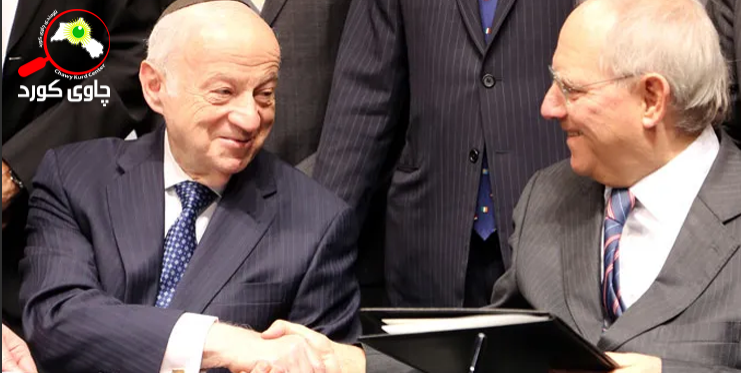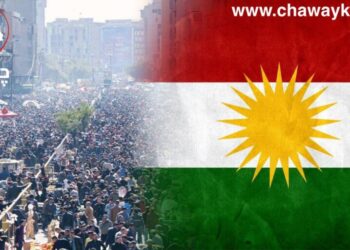Germany paid Israel more than $1 billion in compensation for the Holocaust during World War II, which enabled Israel to build a strong industrial infrastructure that could produce and export military equipment while their state had just entered its first decade. The compensation agreement benefited not only Israel, but also West Germany was recognized as an independent state in 1955 and a member of NATO, and two years later became a member of the European Economic Community.
From Denial to Confession
During World War II (1939 – 1945), the German authorities launched a campaign of extermination against Jews, later known as the Holocaust. In 1948, the Jews declared a state. In September (1952) the Luxembourg Agreement for Compensation was signed between Germany and Israel.
After the agreement, criticism of the Holocaust became taboo in German politics. The idea of Jewish compensation was presented at the World Jewish Conference, held in New York in November. For this purpose, “Haim Weizmann”, the head of the Zionist Organization, sent a memorandum to the countries that won World War II, in which the material damage caused to the Jews, estimated at about two billion pounds. However, Germany and the United States rejected the request, saying it had no factual or legal basis.
“Compensation for Reconstruction”
As for Israel’s insistence on compensation, the reason is that the newly formed state needed to build a strong defense force to ensure its survival, and had to provide housing and jobs for hundreds of thousands of Jews who had moved to Israel from around the world. Compensation was therefore considered a presumptive resource for these two efforts, especially since many of the newcomers were Holocaust survivors. David Ben-Gurion, who was prime minister of Israel from 1948 to 1963, supported an exchange of views with Advisor Adenauer on the issue of compensation. Moreover, the Israeli authorities realized that submitting West Germany to the demands of the State of Israel would make the State of Israel represent all Jews in the world. This would entail material and moral benefits especially for Jewish organizations and Jewish capital owners throughout the world. Therefore, the issue of compensation was considered one of Israel’s strategic decisions. On March 2, 1951, Ben-Gurion’s government submitted a memorandum to the United States, Britain, France and the Soviet Union, which had occupied Germany after World War II, demanding $1 billion from West Germany and $500 million from East Germany 500,000 Jewish refugees in Palestine. “We must try to get as much money as we can from the Germans,” he said.
“The results of the agreement”
After receiving a share of the compensation, the education sector in Israel was tasked with strengthening relations between Israel and Germany, so the Holocaust and its consequences were included in the Israeli school curriculum, and a joint educational committee of Israeli and German teachers was formed. The compensation agreement is considered a turning point in Israel’s economic history, especially in the first years of its signing, because the annual compensation rate for goods and services was between $130 and $150 million, up from 20% during 1954-1 It was 30% of total imports, even during that period it was included in some items of the country’s annual budget, amounting to (2400) million marks for goods and services and (1050) million marks for oil. The agreement helped to encourage the international community, especially the Allies, to recognize West Germany as an independent state in 1955, the same year Germany became a member of the North Atlantic Treaty Organization (NATO) and in 1957 to join the European Economic Community, and Thus, Adenauer achieved the goals he sought under the agreement.




























































